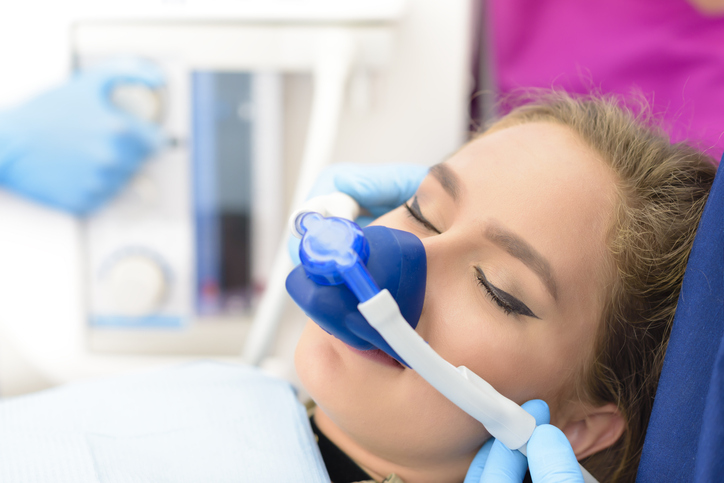Georgia Urology is Proud to Offer Biofeedback for Our Pediatric Patients
Urinary incontinence can often be an embarrassing, debilitating medical condition. If you aren’t able to void yourself completely or if you are constantly feeling the urge to urinate, it’s disruptive to your quality of life. If you have a child experiencing these symptoms, it is even more important to seek a solution for treatments.
“Children have a hard time expressing what’s going on in their bodies, because they haven’t learned how to talk about it yet.” Georgia Urology Pediatric Urologist Dr. Michael Garcia-Roig stated. “Even worse, urinary incontinence can often be disguised as other issues, like a bed-wetting problem.”
Luckily, urinary incontinence is a treatable condition. One of the most successful methods is through biofeedback therapy. To explain why, the pediatric experts at Georgia Urology are discussing the biofeedback treatment for children dealing with urinary continence and why it works.
How Does Biofeedback Work?
Biofeedback training is a solution for urinary incontinence where your child will learn to relax the pelvic floor muscles so that the bladder can fully empty. During therapy, small sticker electrodes are attached to the child’s abdomen and buttocks, and the electrodes are connected to a computer. At Georgia Urology, our nurses will teach your child to perform Kegel exercises while viewing a computer monitor that shows the child’s muscle activity.
The initial training session takes about 90 minutes and each session to follow lasts approximately 30 minutes. Initially, we may recommend that you bring your child back every two weeks. As your child learns the techniques and improves voiding habits, we may recommend sessions further apart. On average, most children require a minimum of 3 biofeedback sessions with a maximum of 6 sessions.
Patient Testimonial about Biofeedback
A Georgia Urology patient speaks to the success of biofeedback:
“Biofeedback works! As a mom, I highly recommend it for kids having urinary incontinence. The before and after evaluations clearly show marked improvements. Most importantly, the accidents slowed and then stopped almost completely.
My son, at age 6, had developed encopresis, which then caused him to lose bladder sensations and control and the ability to fully empty his bladder. He had daily pee accidents and then even started having accidents overnight, too.
At his first evaluation visit, he was only able to empty 25% of his bladder. Even after two more attempts, he was still retaining about 30% of his bladder’s capacity. These initial results finally helped me understand why 20 minutes after using the bathroom, he would have an accident!
After completing a full round of biofeedback sessions, he had significant improvement shown by test results and decrease in accident frequency but still had accidents 1-2 times a week. We opted for a second round and we are so glad we did! He is back to staying fresh overnight and stays dry throughout the day 95% of the time. His last test results showed that he was able to empty his bladder almost completely. While his encopresis is not completely resolved, I even think that has gotten better with the strength he developed from biofeedback.”
Do you have a child struggling with urinary incontinence? Georgia Urology is here to help!
To make an appointment with Georgia Urology’s pediatric team, schedule online or call one of our office locations.








